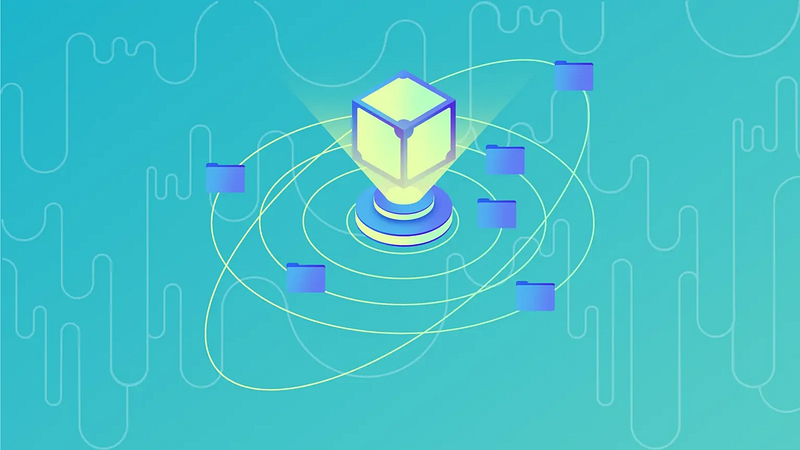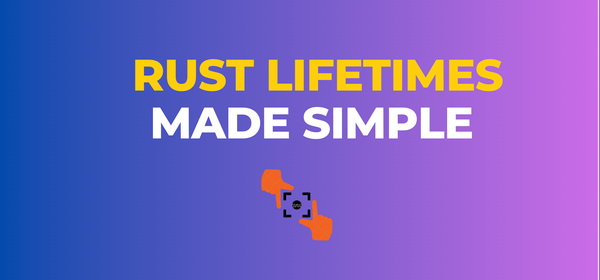IPFS: The InterPlanetary File System Explained
The InterPlanetary File System (IPFS) is a peer-to-peer (P2P) network protocol designed to decentralize the web and enhance efficiency. In…

The InterPlanetary File System (IPFS) is a peer-to-peer (P2P) network protocol designed to decentralize the web and enhance efficiency. In this article, we will delve into the workings of IPFS at a low level, exploring its underlying principles and the technology that drives it.
What is IPFS?
IPFS is an open-source, distributed file system that seeks to connect all computing devices with the same system of files. It aims to create a faster, safer, and more open internet by replacing the traditional, centralized data storage model with a decentralized P2P network.
The project was initiated by Juan Benet in 2014 and is now maintained by Protocol Labs. IPFS combines several existing technologies, including Distributed Hash Tables (DHT), MerkleDag (a data structure based on Merkle Trees), and BitSwap (a P2P data exchange protocol inspired by BitTorrent), to create a robust and decentralized file storage system.
How IPFS Works at a Low Level
Content-addressing
Instead of using the traditional location-based addressing system (i.e., URLs), IPFS uses content-addressing based on the cryptographic hash of the file. This means that each file and all its blocks have a unique hash, which serves as its address. This approach ensures data integrity, as the hash changes if the content is modified.
Distributed Hash Table (DHT)
A DHT is a decentralized, distributed system that allows nodes to store and retrieve data in a network. IPFS uses a DHT called Kademlia, allowing it to locate content by its hash efficiently. Nodes in the IPFS network store information about the hash and its corresponding location on other nodes, making data retrieval fast and efficient.
MerkleDag and Merkle Trees
MerkleDag is a data structure based on Merkle Trees, which allows IPFS to break large files into smaller blocks. Each block has a unique hash, and these blocks are organized in a tree-like structure, where parent nodes contain the hashes of their children. This design ensures data integrity and efficient retrieval, as only the necessary blocks must be fetched.
BitSwap
BitSwap is a P2P data exchange protocol that enables nodes to trade data blocks efficiently. When a node requests a specific block, it broadcasts a want list to its connected peers. If any of the peers have the desired block, they will send it in exchange for another block they want. This process ensures efficient data distribution and reduces the load on individual nodes.
Benefits of IPFS
Decentralization
IPFS eliminates reliance on centralized servers and data centres, reducing the risks associated with data loss, censorship, and single points of failure.
Enhanced performance
By employing content-addressing and P2P data exchange, IPFS reduces latency and bandwidth usage, resulting in faster and more efficient data retrieval.
Data integrity and security
Using cryptographic hashes for content-addressing ensures data integrity, while the decentralized nature of IPFS reduces the risk of data tampering or unauthorized access.
Permanence and versioning
IPFS enables the storage of multiple file versions, providing an archive-like functionality. This feature ensures the availability of historical data and makes it resistant to link rot.
Follow me on Medium, LinkedIn, and Twitter. Let’s connect!
All the best,
Luis Soares
CTO | Head of Engineering | Cyber Security | Fintech & Blockchain SME | Web3 | DeFi
#p2p #distributed #hash #table #dataexchange #data #blockchain #filesystem #filestorage #storage #decentralized #web3 #cryptography #softwareengineering #softwaredevelopment #coding #software



